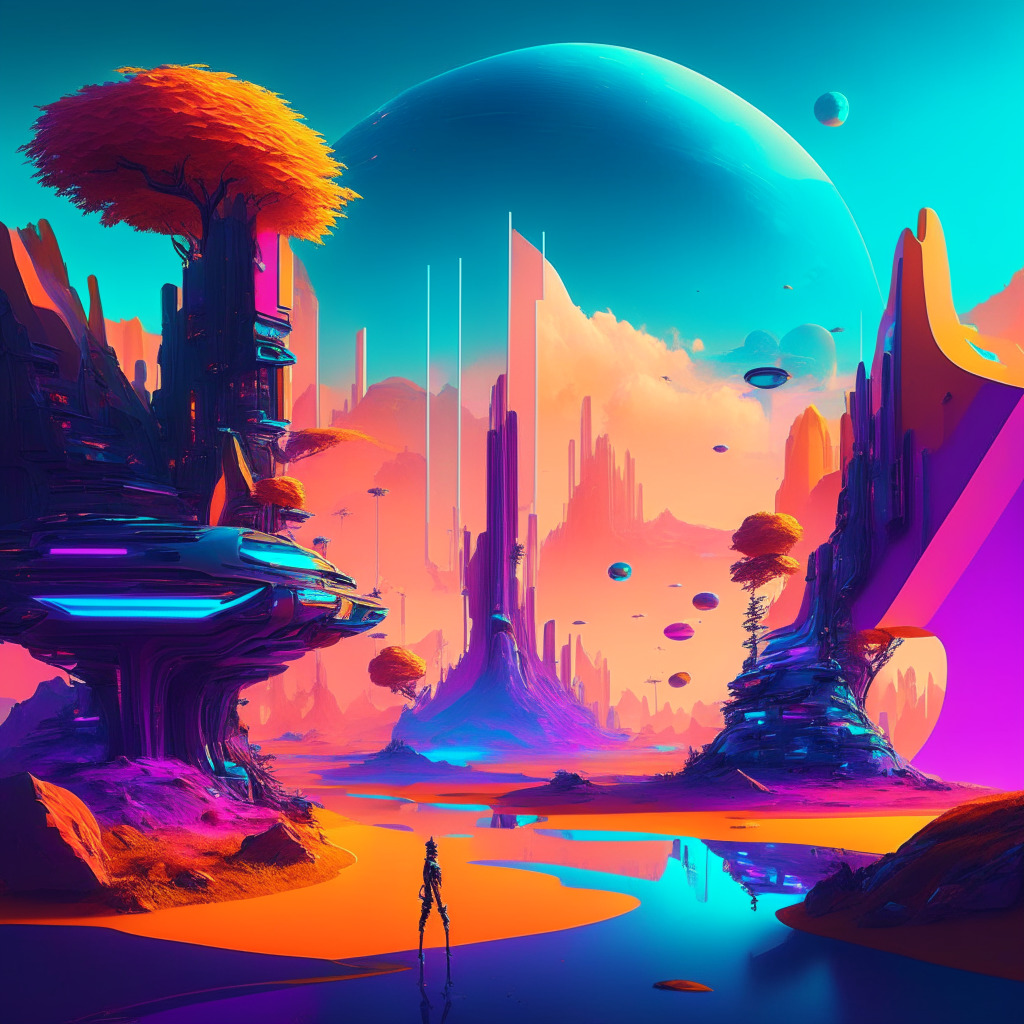On October 28, 2021, the social media giant Facebook took a significant leap into the metaverse by renaming itself to Meta Platforms Inc. The company defined the metaverse as an “integrated environment that links all the company’s products and services.” However, recent activities surrounding artificial intelligence (AI) have fueled speculations that Meta might be pivoting its focus.
Meta, under the leadership of Mark Zuckerberg, has shown a keen interest in AI technology, with its laboratory releasing numerous research results. Some notable research areas include real-time translation of languages, AI-assisted children’s drawing animation, and speech decoding using imagery brain activity. Two significant AI-inspired projects developed by Meta are Galatica, aimed at synthesizing scientific research, and BlenderBot 3, an all-purpose chatbot.
Despite these efforts, Meta’s AI projects have faced criticisms and setbacks. Both Galatica and BlenderBot 3 failed to gain traction, with the former attracting public ridicule for inaccuracy and the latter recording little to no growth. The company has experimented with other AI innovations, such as advertising tools like AI Sandbox, which aims to help marketers create more targeted ads.
With the shift towards AI, Meta Platforms employees have questioned the company’s commitment to the metaverse. In response, executives have assured that Meta’s focus on the metaverse remains unchanged, and the advancements in AI are essential for development.
Zuckerberg rejects the notion that greater attention towards AI may mean reduced efforts in the metaverse. He highlights AI’s importance in enabling developers to create more products that push the boundaries of the metaverse. Furthermore, generative AI would allow people with limited technology exposure to participate in creating new worlds within Meta’s virtual reality-powered applications.
AI’s significance in Meta’s businesses and apps is evident from the impact it has had on areas like user retention on Instagram Reels, ad delivery, content recommendation, and removal of offensive content. During an earnings release in April, Zuckerberg revealed that AI contributed to the company’s revenue growth in the first quarter of 2023.
In summary, although Meta’s efforts in AI have attracted skepticism, the company maintains that AI is a vital tool for metaverse development. It appears that both AI and the metaverse will coexist and potentially complement each other, allowing for significant advancements in technology and greater accessibility to a broader audience. Ultimately, time will tell if Meta’s simultaneous pursuit of AI and the metaverse will yield groundbreaking discoveries or serve as a deterrent to achieving either goal.
Source: Cryptonews




